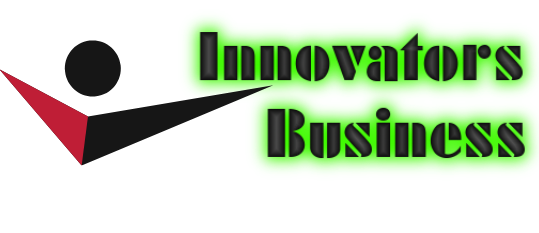Latest conversations with varied colleagues counsel that providers on non-gain boards is definitely not discovering any easier. How a lot does a board might want to know? Can insurance coverage insurance policies be crafted to guideline the board and its administration workforce on this problem? Or, is it way more of an art work than a science? A judgment name as a substitute than a rule?
This text will attempt to take care of this problem using responses from a number of colleagues with lots of a number of years of non-profit board encounter. I consider that there are much more ideas than responses, however the questions can serve to advertise useful dialogue, considerably just like the prospect I loved with my colleagues.
Let’s do the Stephen Covey matter and “begin out with the conclusion in mind.”
A single factor is for positive: when it (what ever ‘it’ is) critically hits the wall, the board will wish to know (or, should wish to know) why it didn’t know! This places big strain on each of these the board and the administration workers members. It additionally certified prospects to at least one extra dilemma that has prolonged been a personalised curiosity: if the chair of the board is simply an officer of the board with 1 vote on the board, why is the chair ceaselessly predicted to be the chief and confidante (and keeper of additional data than the relief of the board) in his or her reference to the government director? Is simply not that notion utterly contradictory?
To be optimistic, no quantity of policy-writing can substitute fashionable notion and judgment that’s based on associated data. In a associated dialogue with the exact same colleagues, we talked about that one important attribute amongst us was the massive vary of ‘bizarre’ circumstances that we’ve got skilled (relished?) over the a very long time – each of these in our skilled endeavors and in our group help – that has formed our assumed processes, considerably because it pertains to non-profit board membership. This will make a strong circumstance for recruiting probably the most varied and educated board achievable.
Likewise, on the government director facet, data is essential as nicely. We discover that an escalating number of unqualified govt administrators look to be rising. Sure illustrations usually relate to seemingly fiscally audio board selections: revenues are down, govt queries are time-consuming and costly, so ‘somebody’ within the group ends in being the brand new govt director. Off hand, I are unable to imagine of a one circumstance during which this has in the long term benefitted the enterprise – each within the small-expression or within the prolonged-term. Accordingly, it appears more and more possible that the widespread compact-to-medium-sized non-revenue would have an authorities director that may know an amazing deal further in regards to the topic topic related to the mission of the company, when additionally buying significantly fewer data of jogging or operating practically something. It will make a strong circumstance for recruiting probably the most seasoned, well-rounded authorities director as potential. Conversely, the shortage thereof boosts the probably for the miscommunication, or deficiency of interplay, of issues important to the board.
Our company is strongly supportive of ‘accountability’ for outcomes in our ongoing efforts to current helpful steering to non-profit firms. As we analysis IRS legal guidelines and evaluation quite a lot of real ‘case research’ among the many non-income firms which can be proudly owning points, it doesn’t look that boards are staying held ‘personally accountable’ (i.e. liable) for the troubles of the non-income agency on whose board they sit, although that’s fairly usually referenced in board seminars and the like. From a regulatory standpoint, the priority of private obligation was actually meant to make a stable stage on the subject of the accountability and obligation of non-profit board membership. Nonetheless, we’re not knowledgeable of a single incident during which this diploma of accountability has been utilized, even in some pretty high-profile circumstances. (That is additionally an illustration of the should have for non-income to take a look at level out laws beneath which they’re included just because some states ship indemnification and a few others could nicely not.)
From the standpoint of striving for excellence in non-profit governance, it doesn’t matter if explicit obligation is turning into actively assessed alternatively, it points that the governance and accountability tips and practices are adopted by the agency as if regulatory penalties would in reality be assessed. It pays to be risk-free relatively than sorry.
Within the worst-scenario state of affairs, particulars can be intentionally withheld from the board by its authorities director. There are a quantity of situations whereby this might occur with no mal intent having stated that, should mal intent be encountered, the accountability for these sorts of motion ought to actually be noticeable even to probably the most inexperienced board. Depend on amongst the board and its govt director is of paramount value.
The ‘grey space’ exists when the unintentional happens and the ensuing repercussions are hazardous to the agency and its mission.
By elevating the potential for this form of issues to come up, we’re hopeful that non-revenue boards will place this concern on an upcoming agenda and shell out some high-quality time speaking about possible points and are available to consensus on forms of considerations that must be communicated. These challenges will completely change from a single non-earnings to a different, however it’s the dialogue and the attention that may information a non-earnings to excellence.




